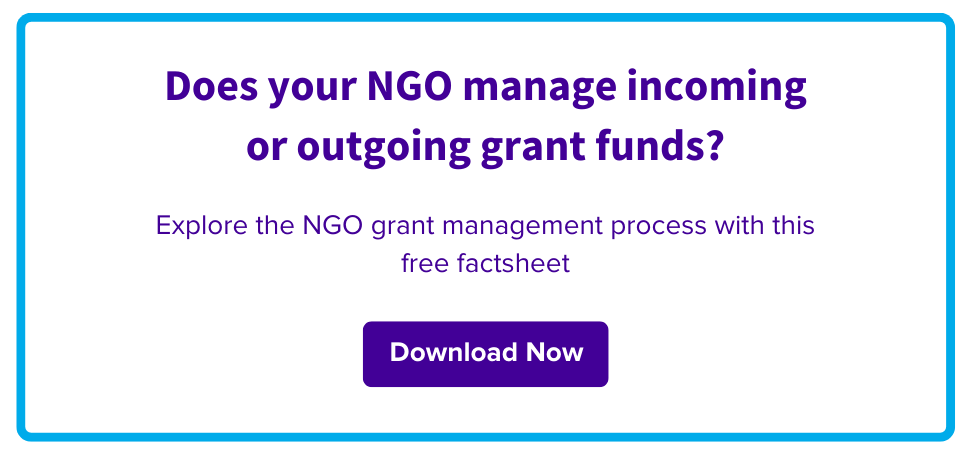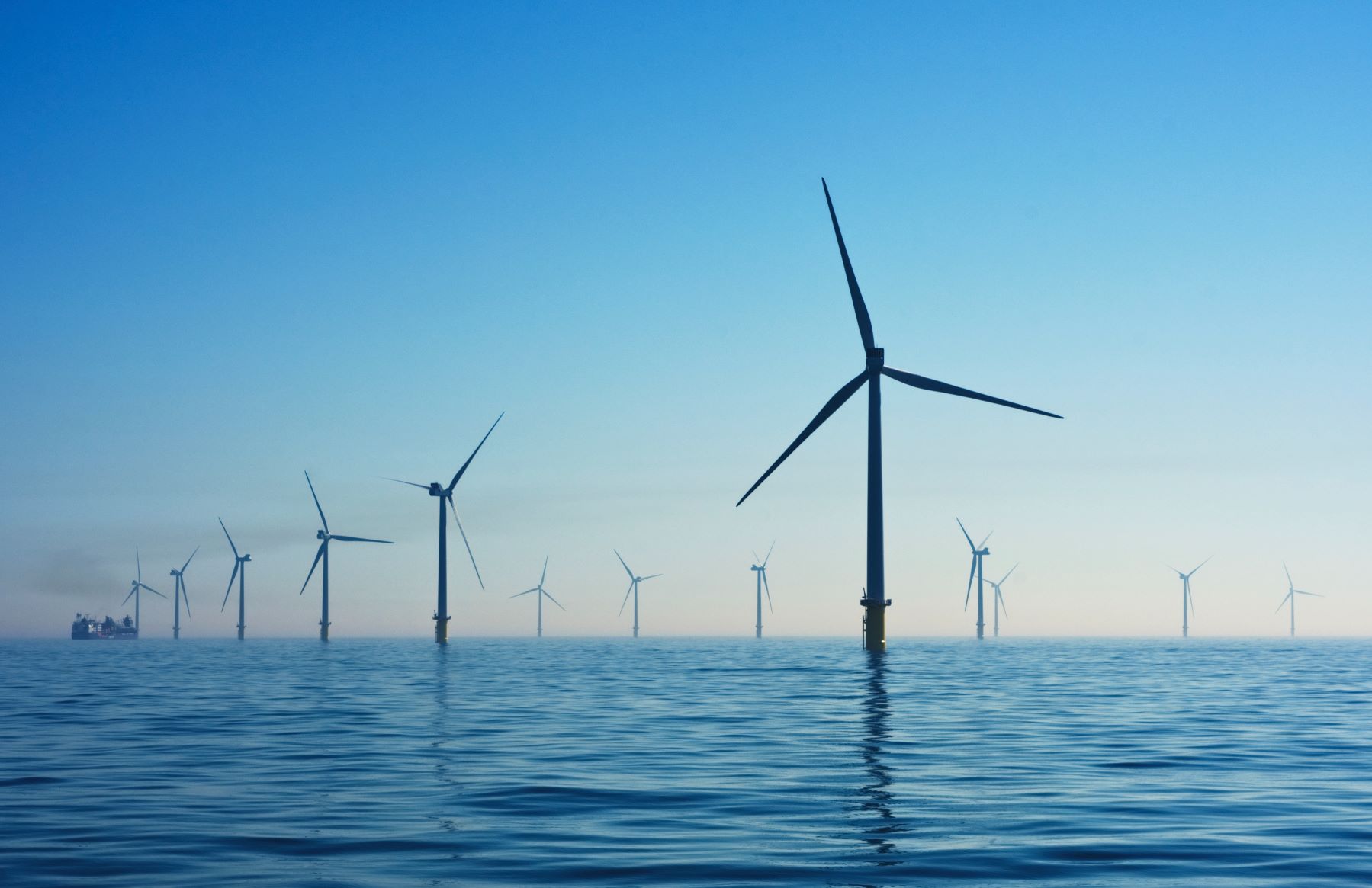What is COP27?
The 2022 Conference of the Parties of the UNFCCC, or COP27, is the 27th annual gathering of public, private and NGO leaders to discuss climate change and global warning. Hosted in Sharm el-Sheikh, Egypt, from November 6th to 18th, this year’s conference came on the back of the relatively successful COP26 – which saw many countries update their commitments to the Paris Climate Agreement and a significant showing from private sector leaders who announced commitments to climate finance and sustainability funding.
Rania Al Mashat, Egypt’s minister for international cooperation stated that this COP would be about “moving from pledges to implementation,” marking the unofficial theme for the conference. This is an important step for the multilateral coalition of national governments, NGOs, NFPs and private sector organisations. So how did the conference play out, and what will its focus on climate finance mean for NGOs?
The contentious nature of ‘Loss and Damage’
Given the failure of developed nations to mobilise the $US100 billion a year they had promised by 2020, financial support for poorer nations grappling with the impact of climate change was a major theme of COP27.
The taboo nature of routing funds from wealthy nations who are largely responsible for emissions to developing nations that will likely face the greatest impacts of the climate emergency, led to disagreements before the conference had even started. Climate finance compensation only made its way onto the formal agenda for the conference after intense pressure from developing countries – and some 400 NGOs who penned an open letter demanding climate finance action.
Despite eventually making its way onto the COP agenda for the first time, loss and damage discussions remained contentious. John Kerry, the inaugural U.S. Special Envoy for Climate, stated that the United States hoped to have a climate finance plan in place before 2024 but refuted the idea of implementing a “legal structure … tied to compensation or liability.”
Ultimately, however, an agreement was reached to establish a new fund specifically for loss and damage – after a 40-hour marathon negotiation that extended almost two full days beyond its deadline. Details are still scarce, with little known in terms of who exactly will fund and receive assistance from this deal, and under what conditions.
➔ To stay up to date with developments in this space, subscribe to our newsletter.
With conditions unclear, some analysts expect traditional channels to continue to dominate loss and damage climate finance contributions, represented as international aid or development finance, until the details are ironed out.
It is also expected that a greater proportion of this funding will come in the form of grants – rather than the interest-based loans currently offered to developing nations. Grants already comprise the majority of climate finance investment in adaptation, and almost half of all mitigation funding.
What does this mean for NGOs?
For NGOs operating in the climate finance, sustainability, international aid, and development sectors this concession from developed nations holds promise. This is especially true under the COP27 theme of implementation as attention shifts somewhat from reducing emissions to adaptation and climate resilience. This process will require consultation and collaboration with local climate experts to ensure climate resilience funding is effective in the long term.
This is especially true as grants come to play a larger role in the world of climate finance. Traditional challenges in grant distribution include auditability, mismanagement, and a lack of two-way communications between funding agencies and the beneficiaries they support. We can therefore expect to see the development of greater grant management requirements for NGOs.

The role of digital solutions in achieving climate finance outcomes
As political pressure mounts on the developed world to assist developing nations as they adapt to, or preferably mitigate, climate change, governments will by necessity take a more outcomes driven approach to climate finance. This pressure will also see national governments impose climate-related financial risk disclosures and reporting requirements on their suppliers. Take the U.S. for instance, who announced new requirements for all government suppliers contracting over $7.5m per annum to report, track and reduce emissions directly related to their operations, with suppliers contracting over $50m p.a. being required to do the same for their own suppliers.
These reporting requirements are likely to be adopted by other national governments, as well as the private sector, and will likely come to impact organisations receiving funding below the $7.5m threshold as efforts to manage climate finance become more streamlined. For the NGOs who often act as intermediaries for this funding, it is pivotal that they become early adopters of the data capture and analysis tools required to show the full impact of their funding. Configurable impact reporting software solutions can generate KPI, location or dollar-based reports to optimise stakeholder engagement.
By centralising their climate finance data in dedicated digital solutions, NGOs benefit from a greater ability to identify project delivery efficiencies, communicate with local experts on the ground, and ultimately show project funders the impact of their spending. This in turn improves the likelihood of repeat funding and ensures resources are optimally managed.
Enquire – a purpose-built climate finance grant management solution
The Enquire platform is a full lifecycle management system which helps connect government and non-government organisations while facilitating complete funded project delivery with integrated outcome reporting.
State and federal government agencies in the resilience, international aid and environmental sectors have used Enquire to enhance the visibility and transparency of their funding for almost two decades. Asia’s largest social investor network AVPN uses Enquire to manage their philanthropic funding – including a recent fund to combat climate change in the Asia Pacific region.
Built to manage the complexities of grant programs – including intensive auditability and risk assessment requirements – Enquire features of relevance to climate change NGOs include:
- A dedicated client portal for funding applications, delivery agent reporting and external project assessors
- Configurable outcome indicators mapped to United Nations Sustainable Development Goals and other frameworks.
- Payment and contract milestone tracking, payment processing and scheduling


